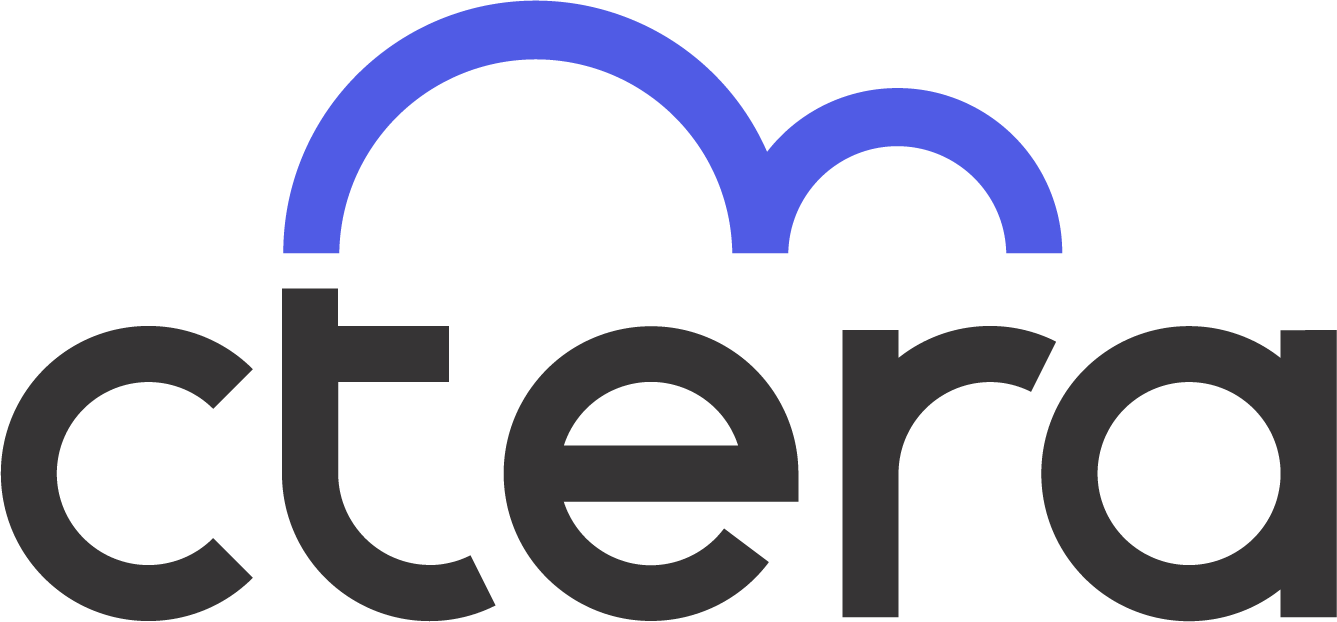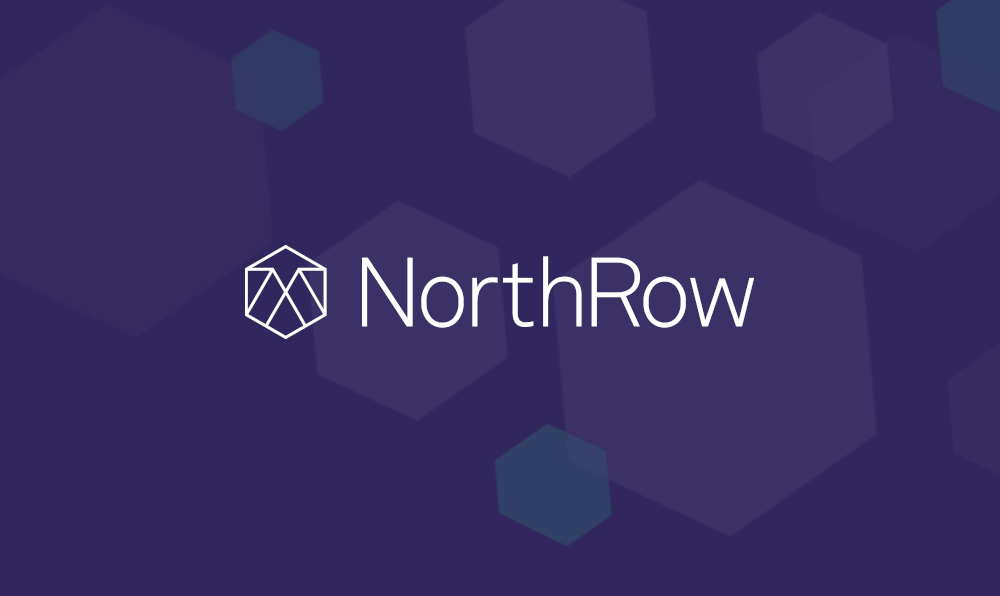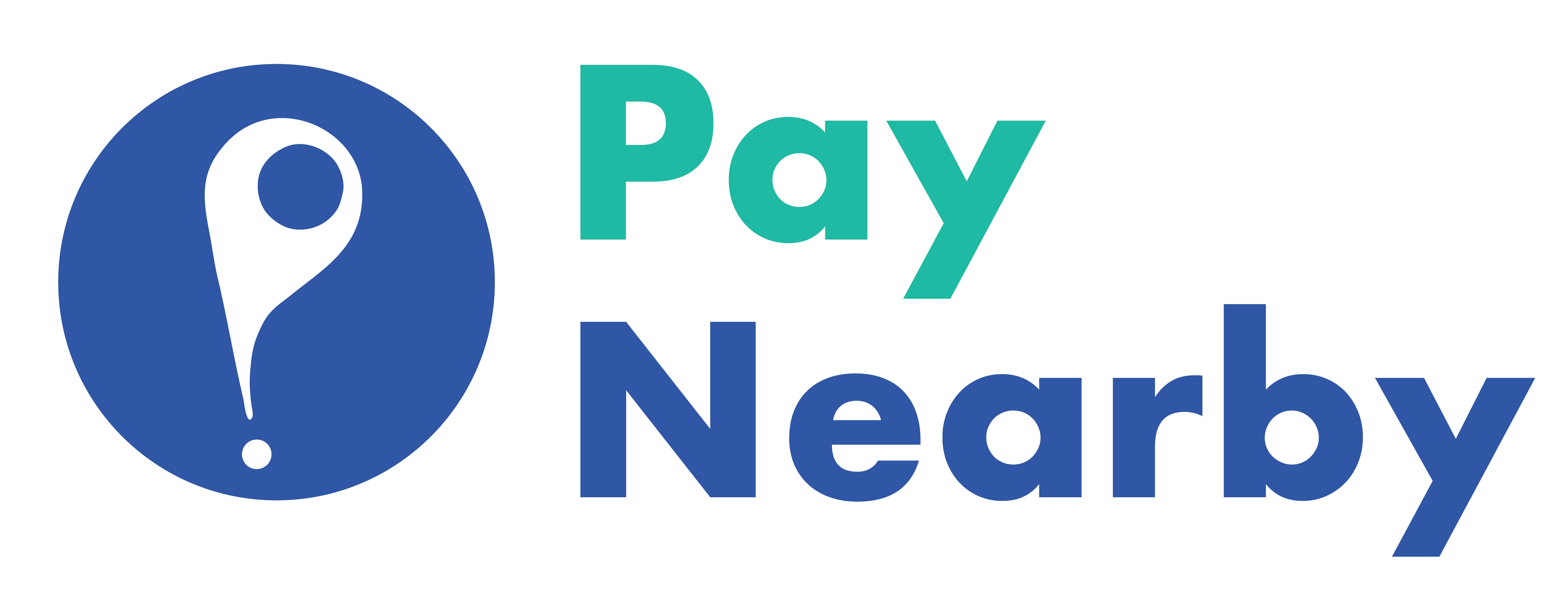Published
- 07:00 am

Wirex, a leading digital payments platform, has appointed Jenny Kong as the new Global Head of Marketing, where she’ll manage the Marketing team from New Zealand. The news follows her work co-founding the successful ‘Rising Women in Crypto Power List’ last year, and aligns with Wirex’s mission to show that crypto is open to all, and inclusion starts from within.
A three -year veteran of the Wirex Marketing team, Kong’s ascent reflects her role in building the global brand from its core-crypto beginnings. Wirex’s Marketing team has rapidly developed to match the businesses achievements, which recently reached 3.5 million customers across the UK, EEA and APAC regions. This new appointment emphasises the value Wirex places on flexibility within the workplace, where Jenny will now directly manage an international, all-female team whilst being based in APAC.
Supporting Wirex’s goal to recognise and encourage female talent within the crypto industry and promote from within, Chief Marketing Officer, Martin Best, commented on the decision:
“Wirex makes all currencies equal – and we have the same approach to our team. We choose the best talent to lead us forwards. Having supported Wirex’s aggressive global growth over three years, Jenny’s promotion reflects our approach. Since COVID-19, the company has fully embraced working from home, and as such, it’s great to have Jenny managing a truly international team whilst operating from New Zealand.”
A 2017 study from Deloitte found that less than 30% of the UK’s Fintech workforce were female, in contrast to Wirex’s Marketing team consisting of 70% women. After partnering with the Fintech Times for the 2020 ‘Women in Crypto’ campaign, Wirex is continuing to make this campaign a priority in order to strengthen diversity and encourage more women to get involved in the fintech and crypto sphere.
Discussing her excitement in taking on this responsibility, Jenny Kong, said: “Having entered the Wirex Marketing team in 2018, I was one of only a handful of women. I’m incredibly thrilled that in three years, over half the team members are female and we’ve almost tripled in size. This growth in representation has been amazing to be a part of, but we’re far from being done. With our mission to make crypto accessible to all, appealing to ‘all’ requires experiences and backgrounds from all walks of life. This needs to be reflected internally, fostering diversity at every level.”
Related News
- 01:00 am

Smart Engines, a science-driven company, is participating in an international program The Journey PT 2021 for speeding up the restart of the Portuguese tourism industry after the pandemic. The main goal of The Journey is to help solve business challenges using global innovative solutions, especially for tourism. Turismo de Portugal is featured as the main partner of the program. The Journey is organized by collaborative innovation consultancy Beta-i.
Since March 2021, Smart Engines has been taking part in The Journey workshops to expand its international relationships, sharing its experience, and working closely with the program partners in the Portuguese tourism industry. After passing several stages, Smart Engines was selected from 370 companies and is now among 14 finalists. Among other finalists are 2 companies from Portugal, the UK, Spain, and France; 3 companies from Israel; 1 from the USA and 1 from the UAE. They present the solutions and software products to the challenges in the areas of Hospitality, Parks & Monuments, Tours & Activities, Payment Solutions. The Journey has brought together the representatives of various tourism branches: Barranqueiro Group, Parques de Sintra, Pestana Hotel Group, Selina, VISA, UNICRE.
Taking part in this project, Smart Engines introduces Green AI-based fast and secure solutions for the scanning of ID cards, passports, driver’s license, credit cards, barcodes, and other documents, such as payslips or questionnaires. The implementation of state-of-the-art technologies is GDPR-compliant, the customer’s data is processed securely without any need to send it to external services. The Smart Engines software can instantly extract data from a video stream, photos or scans made using any mobile devices and web cameras in real-time.
Using Smart Engines recognition technologies enables companies to reduce the precious time spent on paperwork and document processing, and optimize the customer onboarding experience. It opens up limitless possibilities for business such as creating automatic check-in systems for boarding a plane, getting into a hotel, or purchasing a ticket, and constructing high-efficiency ID checking and validation procedures.
“We are proud to take part in the Portuguese tourism recovery and to boost its further development. The Journey is a great opportunity for us to increase awareness of our company’s technologies in the tourism industry in Portugal and the EU generally. Creating an impactful pilot project with Smart Engines will have a positive effect on the partners for sure,” - says Dr. Vladimir Arlazarov, CEO and Founder at Smart Engines.
Smart Engines is a member of the United Nations Global Compact Initiative. The proprietary GreenOCR® technology minimizes processor energy consumption and carbon footprint thanks to the framework of low-bit pipelines for deep neural network inference. The client base comprises Tinkoff Group, Dukascopy Bank, Emirates NBD, Oman Arab Bank, Raiffeisen Bank, Beeline, BioCollections Worldwide, Blockpass IDN, Caribbean Airlines, iDenfy, NEC, Tessi, Travizory, VerifyMyAge, and others.
Related News

- Product Reviews
- 14.05.2021 01:15 pm
What does the product do?
The CTERA global file system enables HQ-grade file services experiences from any edge location or device. CTERA 7.0 empowers enterprises to modernise every aspect of their legacy file infrastructure across remote offices, work-from-home, VDI, and mobile – without compromising performance or security.
Who needs the product?
Organisations struggling to close IT gaps as they shift from the traditional workplace to the post-pandemic hybrid environment. Corporate NAS and file servers were not meant to be accessed over home networks, and security and performance issues have hindered enterprises as they seek to extend corporate data to the edge.
What is special about the product?
CTERA 7.0 sets a new bar for multi-cloud global file systems, offering the fastest, most secure, and most feature-rich platform in the industry.
What features are relevant?
- CTERA Direct. A high-speed file transfer protocol that can synchronize at an industry-best throughput of over 30TB/day per site. The new patented protocol was designed to power the edge-to-cloud data management of creative content production and other data-rich environments, and also improve responsiveness also for WFH users who need to access their files remotely.
- CTERA Zones. Allows enterprises to dynamically segment their global file system into any number of geographic locations to prevent data access from unauthorised sites and meet data sovereignty and compliance requirements.
- CTERA Migrate. A built-in migration engine that enables automated data import from legacy filers such as NetApp, Dell EMC, and Windows Server, with full perseveration of folder structures and permissions.
- CTERA MacAssist. New enhancements include Mac Spotlight and Finder integration for a consistent macOS file experience across local drives, cloud shares, and iOS devices, ensuring the productivity and happiness of creative professionals working with large video files and media assets.
Who is the competition?
Legacy file storage – NetApp filers, Windows File Servers, et al
What are some real case examples?
Jeff Newman, an IT Architect at American multinational manufacturing company W. L. Gore & Associates: “CTERA 7.0 has been a game-changer for us, offering an automated migration utility that has made it easier and faster for us to migrate data and retire remote servers across our locations in Europe.”
Kyle Edsall, VP Technology, Glenn Davis Group, an integrated branding agency: “As we faced the limitations of our on-premises storage infrastructure, our investigation into cloud and object storage-based platforms culminated in the CTERA global file system. Every IT decision should remove barriers to growth; we're pleased this decision has done just that and more, and are excited by the CTERA 7.0 benefits of further improved performance and macOS usability.”
Other Product Reviews
- 07:00 am

More than half of compliance professionals say digital transformation of the customer due diligence process will have the biggest impact on their risk organisation over the next 12 months, according to a new poll from digital compliance specialist NorthRow.
The poll of compliance leaders also found that 63 percent do not measure or analyse their ‘ambers’ – clients that generate an ambiguous risk result during onboarding that requires further investigation – in their client onboarding or refresh cycles.
With some 90 percent of compliance costs sitting in just 10 percent of these cases, close monitoring and management of ambers is critical to compliance and risk reduction efforts, but many compliance professionals are still not doing enough to tackle this issue.
The challenge of not knowing how many ‘amber’ cases you have at any one point can have a significant impact on operational efficiencies. Often manual intervention, which requires additional headcount and internal resources, is needed – creating more friction for customers.
NorthRow’s polling also revealed that 40 percent of respondents view amber management as a compliance issue and not a wider business issue. In fact, only 27 percent see it as a first line of defence issue, with 33 percent seeing it as a problem for their clients.
However, the impact of poor amber management crosses much of the business if it is allowed to continue, including knock-on effects to commercial success as well as the entire sales, provisioning and customer retention functions. Few seem to appreciate this.
A large proportion of cases identified as ambers will eventually be onboarded or retained, but the longer a business takes to onboard a client, the longer the time to revenue and the higher the risk of customer attrition. In a highly competitive market, these are inefficiencies that can make or break businesses.
Adam Holden, NorthRow CEO, said: “Managing your ambers is key to moving beyond simply knowing your customers towards truly understanding your customers. Imagine a world where you could use a tool to identify exactly where all your compliance cases sit in the process of onboarding and ongoing monitoring. Imagine a world where ever-increasing compliance costs and lengthy remediation projects are no longer required as you can manage and predict future trends. That world is not a fantasy, but a reality today.
“Compliance teams clearly recognise the potential of technology to transform their risk organisations. By adopting the right digital solution, capable of managing, tracking and converting ambers they can bring real operational gains, improve risk processes, and ultimately create a competitive advantage for their organisations.”
If you would like to learn more about amber management and using this approach within your organisation then get in touch with the NorthRow team.
Related News
- 05:00 am

Mr Mandar Agashe, Founder and MD, Sarvatra technologies,” Covid-19 has not just pushed digitisation but it has also significantly influenced the manner in which people transact. Consumer demands and expenditures have shifted to minimum, mostly towards essentials and emergencies. In addition with the lockdown measures and social distancing norms people are not venturing out to banks and ATM as frequently. Therefore the average ticket size of withdrawals at any given time has gone up by almost 20%, as people withdraw in larger quantities and prefer to hoard, pre-empting medical or any other form of emergencies, which ultimately is not consumed as much. The average ticket size of withdrawals which earlier ranged between 2k-3k now has invariably gone up by 20% to 3k-4k across both rural and urban India.
UPI on the other hand is taking care of small ticket transactions with the average ticket size constant at Rs 1k. Globally and now even in India and other developing countries, it’s been observed that while cash continues to dominate, cheque transactions are rapidly being replaced by digital, IMPS in particular. Owing to this behavioural shift, daily average transactions on IMPS has now gone up to 9k which was earlier in the range of around 6k-7k. In rural India however people prefer withdrawing through AePS vis-a-vis ATMs owing to which the average ticket size across ATMs is comparatively smaller. In rural and semi-urban India, while average withdrawals through AePS stands at Rs. 1500, at ATMs it is around 3k.
The second wave of the pandemic has had a significant impact on the handling and management of cash. This has in turn brought about substantial shift in behavioral patterns among the masses which will play out in favour of digital transactions in the long run.”
Mr. Anand Kumar Bajaj, Founder, MD & CEO, PayNearby,”The demand for cash started to increase in the wake of the heightened uncertainty caused by the COVID-19 pandemic. The country is under the lock-unlock phase for over a year now. The anxiety of lockdowns has forced people to withdraw money and to keep cash handy - both for medical emergencies and basic needs in these dire times. This surge in cash usage indicates that people have started to accumulate cash in anticipation of more stringent lockdown measures that might be announced to curb the pandemic.
Additionally, as a counter-measure to offer relief and sustenance to the crisis-affected migrant workers and low-income cohorts, the Government has disbursed Direct Benefit Transfer (DBT) to millions of Pradhan Mantri Jan Dhan Yojana (PMJDY) beneficiaries. Aadhaar ATM, which is the backbone for disbursing DBT to citizens, saw a huge surge across all PayNearby retail stores, primarily led by increased adoption in rural, semi-urban and tier-II towns. Our annual figures reported AePS withdrawals worth Rs. 10,000 Crores in Q4 FY 2021 as against Rs. 7,650 Crores vis-à-vis the same quarter last year. So, withdrawal of DBT funds can also be considered a significant reason for high cash in circulation, especially in the rural economy. We are living in unprecedented times, and people do not want to be strapped for cash when they need it the most.”
Related News
- 03:00 am

A leading e-wallet firm has revealed that cryptocurrency deposits increased by 48% in the first quarter of this year while fiat (official government) currency use remained flat.
STICPAY figures show Bitcoin is the leading cryptocurrency of choice for its e-wallet users, dwarfing Ethereum, Litecoin and Tether by 38 times their combined usage.
STICPAY is also reporting a 185% increase for e-wallet customers changing fiat to crypto using its currency convertor from Q1 2021 compared to the same time last year. Crypto to fiat conversions experienced a 12% drop over the same period.
London-based STICPAY currently offers 33 wallets for both local fiat and cryptocurrencies, which include payment methods such as Visa and Mastercard, bank wire and local bank wire transfer. Its more than 100,000 customers worldwide use its e-wallets primarily for forex, gaming, e-commerce and remittances to family members overseas.
STICPAY’s client service director James Bay says: ‘Cryptocurrencies are increasingly being accepted as a trusted store of monetary value. But we have to say it’s Bitcoin that’s leading the change in payment habits and outlook that’s challenging fiat currencies.
‘The switch to cryptocurrencies is moving at breakneck speed, but whether that trend continues remains to be seen. Even today, high-profile Bitcoin evangelist Elon Musk announced Tesla will no longer be accepting the currency citing environmental concerns, all of which comes after March’s announcement that the business would take payment in Bitcoin.
‘As an e-wallet business we will continue to enable our customers to use crypto and fiat currencies as they want to enable smooth, quick payment for services.’
Related News
- 06:00 am

Commenting on the UK economy set to achieve the expected 7.25% growth forecast in 2021, Rupert Thompson, Chief Investment Officer at Kingswood, said: “The UK economy held up better than expected during lockdown in the first quarter. GDP posted a 1.5% drop over the quarter as a whole but encouragingly grew a larger than expected 2.1% in March as the economy started to reopen. These numbers will bolster hopes that the economy will achieve the 7.25% growth forecast by the Bank of England – the fastest growth in seventy years. Along with the jump in business confidence seen in April, they suggest the Bank’s growth forecast might even be on the conservative side – as indeed is the view of Andy Haldane the Bank’s Chief Economist.”
Related News

Rafael Esteban Correa
Partner at Mouro Capital
Often, investors make what I call a geographical fallacy: saying that they invest in a region, when, in reality, they mainly invest in just one or two see more
- 09:00 am

Consult Red, the technology R&D firm, has today announced it is becoming an employee-owned company. Consult Red works with the likes of Liberty Global, Comcast and AT&T to develop cutting-edge in-home entertainment technology and other connected secure IoT products.
The Directors of Consult Red are transferring shares of the £18m turnover business to an Employee-owned Trust (EOT) to benefit employees. The move to become employee-owned means it's in pole position to attract and retain the industry's best talent and disrupt the market.
Continued growth
In the last 12 months alone, Consult Red has grown its team by 60 people to over 220 strong (up 37%) across its three offices in the UK, Poland and the US. The company has led the way in providing services to clients large and small who need to access highly talented technology development teams without incurring delay or ongoing costs.
The war for talent
"It's no secret that the war for talent is upon us in technology. Our employee-ownership model fits with today's economy where successful firms deliver innovation by attracting and retaining the best talent in agile teams who are ready to go," says Andrew Stewart, Consult Red CEO. "There's solid evidence that employees (the owners) of EOT businesses are happier and more engaged, and that within companies, employee-ownership promotes stability and sustainability. This can only benefit our clients."
The success of Consult Red reflects the changing face of R&D, and whilst employee ownership is becoming more commonplace in other industries, it's still relatively rare in the technology industry.
Disrupting the industry
"We think this is pioneering and has the potential to be a real disruptor in our market," says Karen Bach, Chairman of Consult Red. "Our reputation as cutting-edge technologists with leading clients was already attractive to new recruits, and employee-ownership takes this to a new level. I'm excited about our transition to an employee-owned company and working with the team on that journey."
Andrew Stewart adds:
"This is such a proud moment for my team and me. We recognise that our success is founded on the value of our people. Transferring ownership to our employees means we can continue to be guided by our principles, that the company's value is embedded in its team's skills, expertise, and diligence. Employee ownership will strengthen the business and is the perfect way to recognise our team's hard work and talent."
Consult Red joins many well-known firms, such as John Lewis and Richer Sounds, in becoming employee-owned. The Employee Ownership Association (EOA) says more than 470 businesses have now adopted the model, with at least 50 more preparing to follow suit. Recent converts include Riverford, the organic vegetable box company and Aardman, the Bristol-based animation studio behind Wallace & Gromit, and a growing number of consultancy firms including PA Consulting, BMT Group, TTP Group and many more.
Deb Oxley, Chief Executive of the EOA, said: "We congratulate Consult Red and its new employee-owners - their move to employee ownership will sustain the values and independence of the business for the longer term.
"Businesses that give employees a stake and a say build trust and shared responsibility, therefore uniting leaders and employees behind a common purpose. This leaves the business in the best position to flex and adapt to recover from challenges and to deliver on new opportunities," she added.
Related News
- 08:00 am

According to RBI --- Cash in Circulation at a Decadal High even when Digital Payments have soared.
At nearly a sixth of the gross domestic product (GDP), currency in circulation is at its highest in a decade, pointing to the likelihood of cash storage in anticipation of medical emergencies, even as much of India is shut down and mobility curbs imposed to prevent the coronavirus from spreading. From12% of the GDP in FY16, currency usage slumped to 8% in FY17 following demonetisation, and has been gradually rising since.
Commenting on the same ----
Mr. Anand Kumar Bajaj, Founder, MD & CEO, PayNearby: "The demand for cash started to increase in the wake of the heightened uncertainty caused by the COVID-19 pandemic. The country is under the lock-unlock phase for over a year now. The anxiety of lockdowns has forced people to withdraw money and to keep cash handy - both for medical emergencies and basic needs in these dire times. This surge in cash usage indicates that people have started to accumulate cash in anticipation of more stringent lockdown measures that might be announced to curb the pandemic.
Additionally, as a counter-measure to offer relief and sustenance to the crisis-affected migrant workers and low-income cohorts, the Government has disbursed Direct Benefit Transfer (DBT) to millions of Pradhan Mantri Jan Dhan Yojana (PMJDY) beneficiaries. Aadhaar ATM, which is the backbone for disbursing DBT to citizens, saw a huge surge across all PayNearby retail stores, primarily led by increased adoption in rural, semi-urban and tier-II towns. Our annual figures reported AePS withdrawals worth Rs. 10,000 Crores in Q4 FY 2021 as against Rs. 7,650 Crores vis-à-vis the same quarter last year. So, withdrawal of DBT funds can also be considered a significant reason for high cash in circulation, especially in the rural economy. We are living in unprecedented times, and people do not want to be strapped for cash when they need it the most.”









